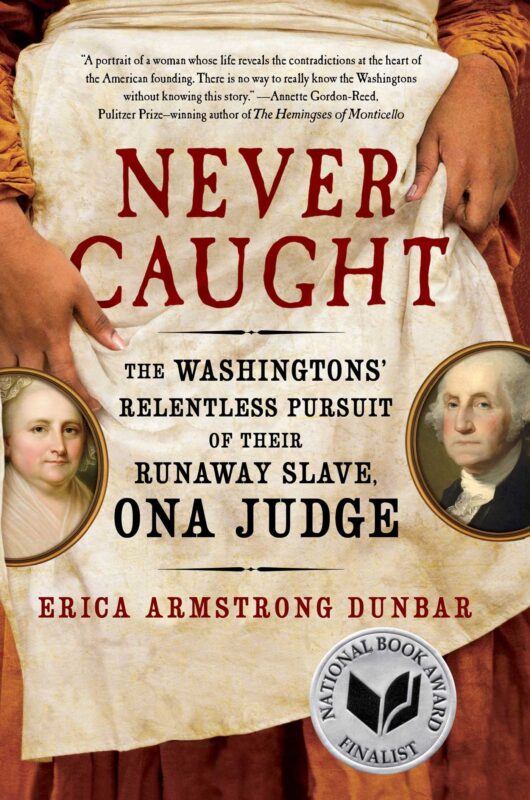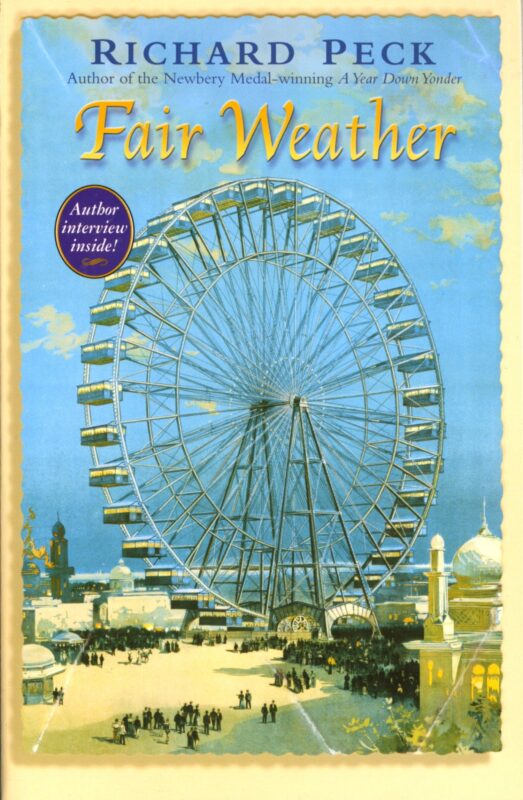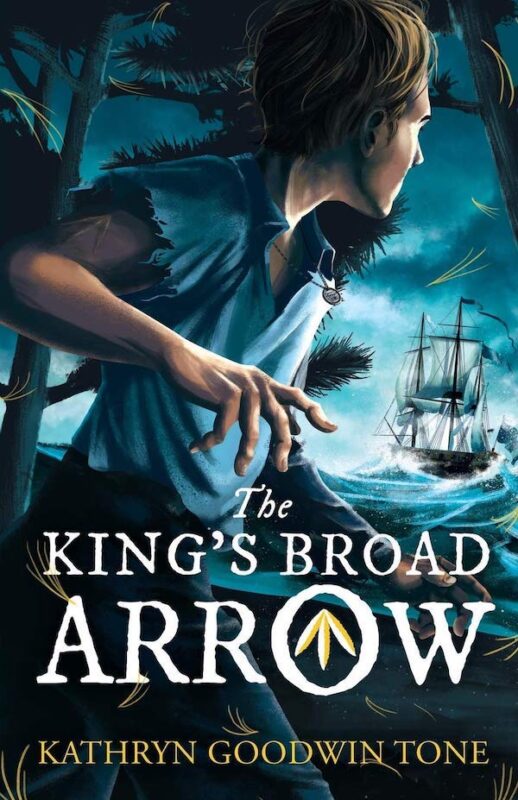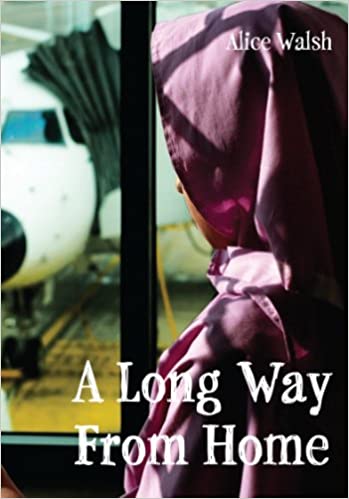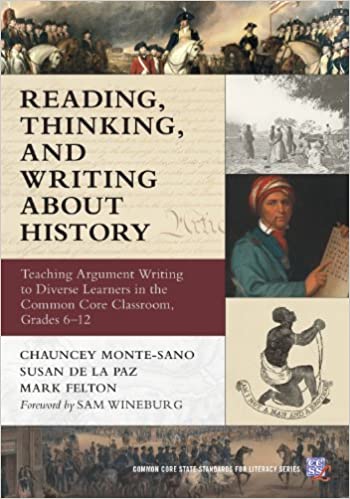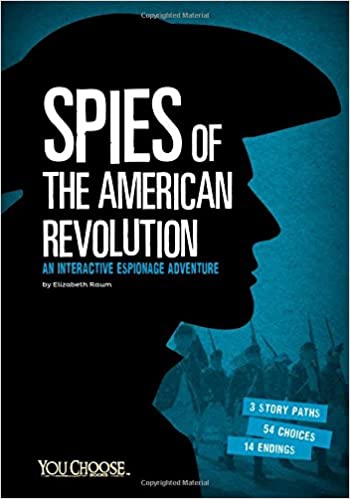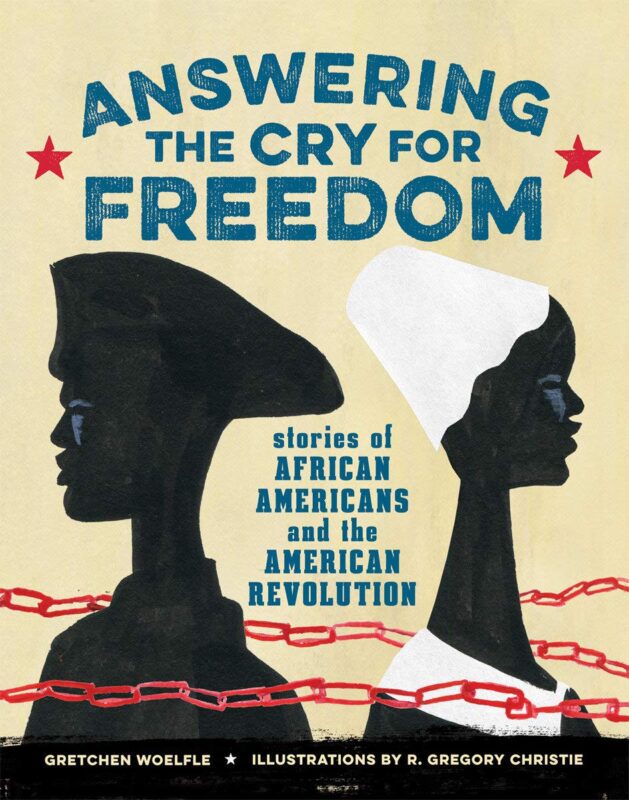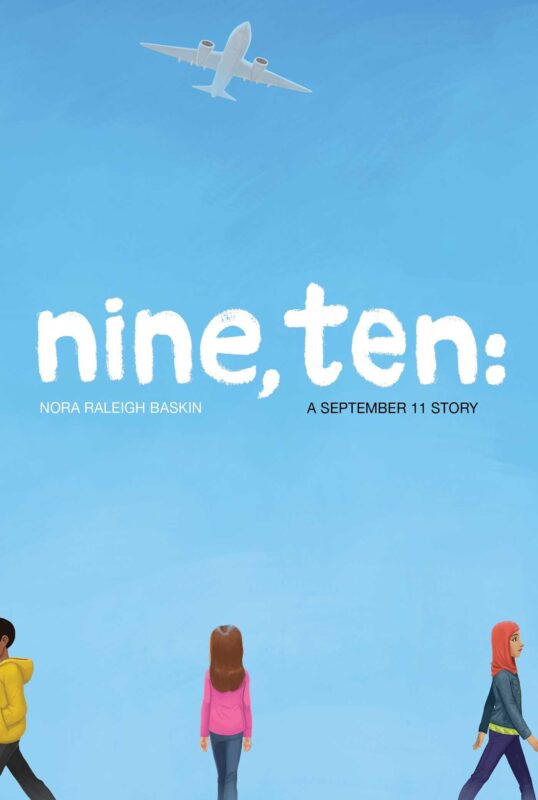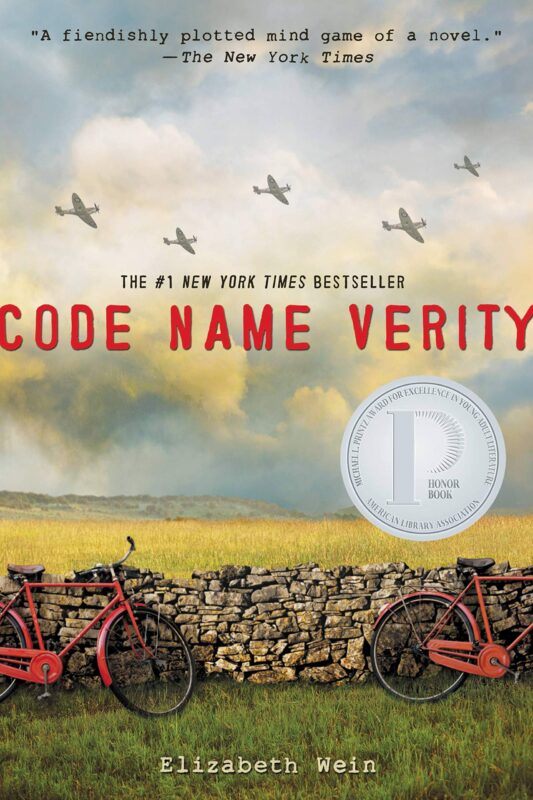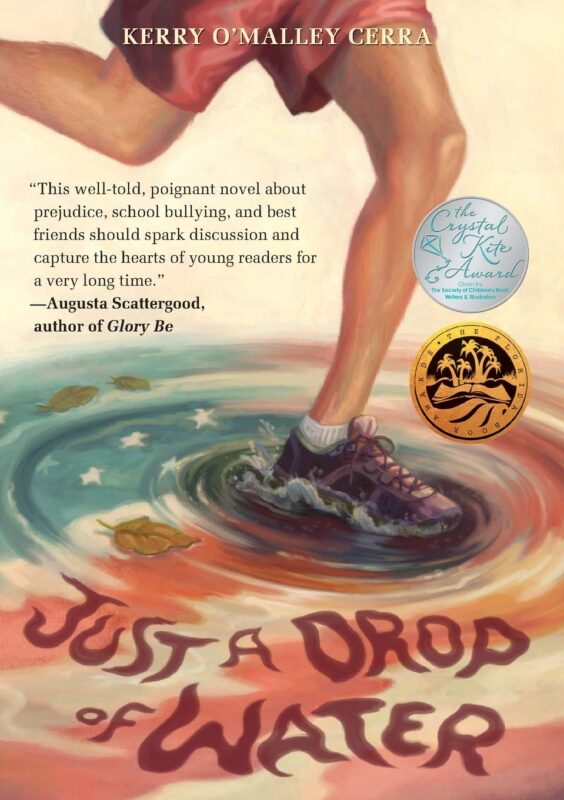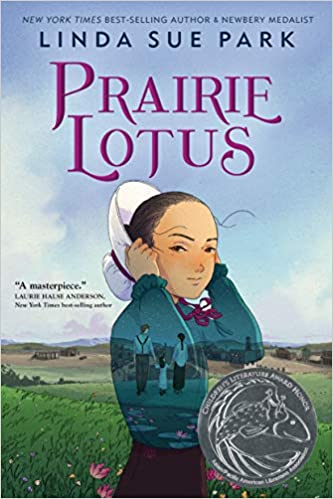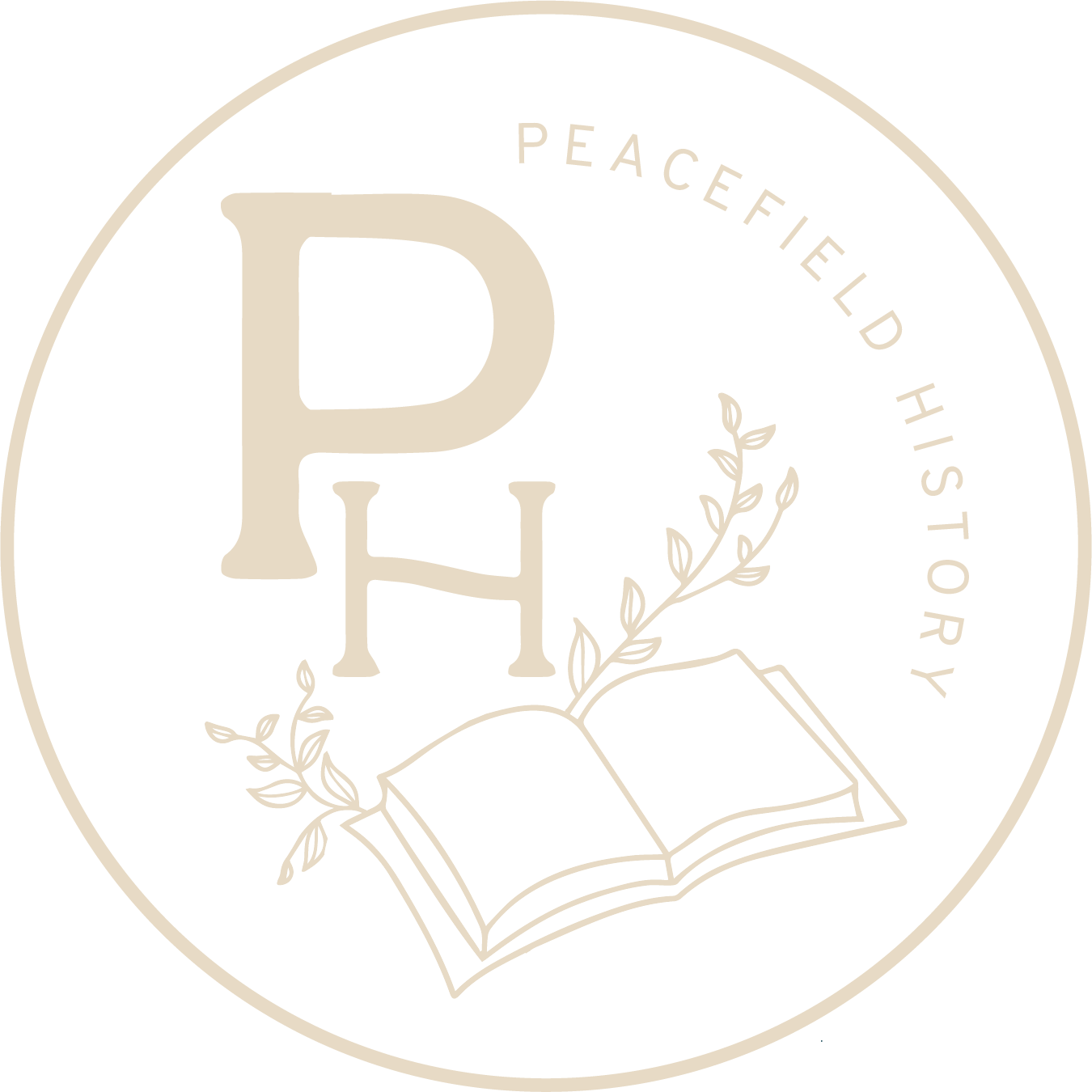Never Caught: The Washingtons’ Relentless Pursuit of Their Runaway Slave, Ona Judge
Series: Blog Post Topics, Books Discussing Slavery in America
Genre: Historical Nonfiction - Adult
This is a true story of Ona Judge, a slave of George and Martha Washington, who ran away from them while living in Philadelphia. As the title indicates, Judge was never caught, and she never returned to slavery.
This book combined several narratives in order to paint as clear a picture as possible of Ona Judge’s life. Her story is centered within the lives of the Washington family, and within the time period in general. Dunbar engaged in speculative writing in order to attempt to create a clear vision of what Judge’s life may have been like post enslavement. What I like best about this story was the agency demonstrated by Dunbar in her escape, and the help she received from the free black community.
Historians are often criticized for writing history with a narrative voice, and they are criticized for writing history with a more clinical and dispassionate voice. Dunbar combined both of those styles in this book, and I would argue that it made the story more appealing and compelling.
This book is best suited for high school students, as it deals with the issues of agency and sex more directly. Still, the writing makes the book engaging enough for a student who might also love historical fiction.
More info →Fair Weather
Series: Blog Post Topics, Middle Grade and YA Reads about the Gilded Age
Genre: Historical Fiction - Middle Grade
(Younger Middle-Grade Reading Level - No content concerns)
Richard Peck is one of those authors that I grew up reading. His books were among my favorites, as he was an expert at world-building and character development. I always felt like I was able to fall within his stories. With Fair Weather, Peck continues to envelop readers in history as the main character, 13-year-old Rosie Beckett, is offered a chance to visit the Chicago World's Fair in 1893. This book is a quick read, and the characters possess Peck's ever-present wit and charm. However, it is not my favorite of Peck's books, and I feel like he could have done a bit more with the story. If you have a young student who would like to learn more about the World's Fair in Chicago, this book is a great first step. (Then, when they're older, hand them Devil in the White City to scare the bejesus out of them!)
More info →The King’s Broad Arrow
Series: Blog Post Topics, Historical Fiction and Nonfiction about the American Revolution
Genre: Historical Nonfiction - Middle Grade
(Upper Middle Grade to YA reading level - no content concerns besides the violence of war)
There was so much to enjoy about this novel that it’s almost hard to know where to start! Readers who think that Sam’s story in The King’s Broad Arrow is just another example of the classic “Hero’s Journey” shouldn’t be so quick to dismiss Kathryn Goodwin Tone’s debut novel. She did such a wonderful job of worldbuilding, from the challenges of growing up on the frontier of colonial American society and the feelings of injustice as early Americans struggled against British mercantilism, that it was easy to become engrossed in Sam’s adventures! This would be a wonderful novel for readers who need a dash of adventure to keep them engaged as they learn about the beginnings of the American Revolution from the eyes of someone not that different from themselves.
More info →A Long Way From Home
Series: Blog Post Topics, Historical Fiction and 9/11
Genre: Historical Fiction - Middle Grade
(Middle-grade reading level, no content concerns)
Rabia, a girl fleeing Afghanistan after the arrest of her father, and Colin, a boy traveling home from London, are the two fictional protagonists of this 9/11 story. They were both aboard a plane that was diverted to Gander, Newfoundland on 9/11. In each case, the two are worried about family and their ability to find their way home. While the true history from the event is an easy setup for drama and emotion, the tale lacked much of what made the true history intriguing. Many of the detail is caught up in the minutia and are devoid of authentic emotion. If a student is already interested in stories about 9/11, this book would be a good pick. Otherwise, teachers are better served by choosing other books on this list.
More info →Reading, Thinking, and Writing About History
Series: Blog Post Topics, Social Studies Curriculum Books
Genre: Teaching Social Studies
This book appears to be geared towards teachers who are just entering the world of inquiry-based learning. There is considerable space devoted to a discussion of why inquiry-based learning is a best practice for Social Studies education. There are six specific three-day lesson examples, and each has its own chapter. Some of them remind me of the lessons from the Stanford History Education Group, and some even use the same documents.
I like the structure of the individual lessons, and the documents are reasonably modified for seventh-grade readers. The lessons each contain some background history to help teachers with historical context, and each also mentions videos that the students may watch to gain some context. I do wish that they provided historical context readings for the students in a handout form. The lessons do include student worksheets. They also provide an "IREAD" approach for students to access the documents.
The lessons are just individual lessons, and not centered within a unit. Therefore, the questions that guide each inquiry are very rather specific. I do think that they could be broadened to include more activities, but teachers would need to create those activities on their own. Each lesson is linked to the C3 framework and common core.
More info →Spies of the American Revolution: An Interactive Espionage Adventure
Series: Blog Post Topics, Historical Fiction and Nonfiction about the American Revolution
Genre: Historical Nonfiction - Middle Grade
I recently read Spies of the American Revolution: An Interactive Espionage Adventure by Elizabeth Raum, and I thoroughly enjoyed it. The book takes the reader on an exciting journey through the world of espionage during the American Revolution.
The story follows a young patriot named Sam, who is recruited by George Washington to be a spy for the Continental Army. As Sam carries out his missions, he must use his wits and cunning to outsmart the British and their loyalist allies. Along the way, he meets a cast of intriguing characters, including other spies, revolutionary leaders, and ordinary people caught up in the conflict.
One of the things I liked most about the book was its interactive format. At various points in the story, the reader is given choices that affect the outcome of the missions. This adds a level of excitement and engagement to the reading experience, and it also encourages the reader to think like a spy and consider the potential consequences of their actions.
The book also does a good job of capturing the spirit of the American Revolution. The author clearly did their research, and the historical details are woven seamlessly into the story. This helps to bring the events of the time period to life, and it also helps the reader to understand the motivations and perspectives of the people involved.
Overall, I would highly recommend Spies of the American Revolution: An Interactive Espionage Adventure to anyone interested in history, espionage, or adventure. It's a thrilling read that will keep you engaged from start to finish.
More info →Answering the Cry of Freedom: Stories of African Americans and the American Revolution
Series: Blog Post Topics, Historical Fiction and Nonfiction about the American Revolution
Genre: Historical Nonfiction - Middle Grade
Answering the Cry of Freedom profiles 13 African Americans who fought for freedom in some form during the Revolutionary Era. Some established their own settlements in Africa or Nova Scotia, others fought for the freedom of their family members, and others fought either with the Patriots or the British. The stories were compelling and many were new to me, even though I've been teaching this subject for many years. (This again speaks to why the narrative of U.S. History needs to be rewritten.) Teachers could use this book in a multitude of ways with students. Please pick up a copy for your classroom.
More info →Nine, Ten: A September 11th Story
Series: Blog Post Topics, Historical Fiction and 9/11
Genre: Historical Fiction - Middle Grade
(Middle Grade reading level - No content concerns)
A fast-paced read for the middle school set, Nine, Ten explores how the dynamics of how four teenagers' lives changed with the events of 9/11. Naheed is a Muslim girl in Ohio who is struggling with some bullying because of her hajib. Sergio is a Math whiz who has had a tough upbringing in NY and has recently made friends with a firefighter. Will is in Shanksville, PA, and still dealing with the loss of his father in the previous year. Finally, Aimee lives in LA. She's concerned about he parent's relationship and misses her Mom, who is in NYC for business.
The four stories all end up connected to 9/11 in some way. Most of the four overlapping stories take place in the days preceding 9/11 and then the ending jumps to the year after. I found the anticipation that built with these stories was the most nerve-racking portion of the book, although some of the endings were left more to the imagination. I find that this book would be best for a more sensitive student who might struggle with the trauma of 9/11 itself.
More info →Code Name Verity
Series: Blog Post Topics, Historical Fiction about WWII
Genre: Historical Fiction - YA
(YA writing level – torture, violence, some suggestions of sexual harassment)
The first of two books centering around a pair of female protagonists during WWII, Code Named Verity is a fast-paced thriller with an unreliable narrator who keeps you guessing with intricate plot twists and details. All are woven within carefully dispersed tidbits of a heart-wrenching storyline. As Verity slowly reveals British secrets for her demanding Nazi captors, she also weaves in how she and Maddie (a pilot) came to be best friends.
Code Named Verity was a slow burn for me. I basically realized about 100 pages into the book that I needed to read more carefully to understand all the details coming in my direction. Although technically labeled YA, I would only present this story to a few high school students, as the text requires a bit of deciphering and patience. I still strongly like this book. I wasn’t brought to tears (as many reviews note), but I enjoyed the creativity contained in the plot. I've heard it's even better on audio, so you might want to check it out there.
More info →Susanna’s Midnight Ride: The Girl Who Won the Revolutionary War
Series: Blog Post Topics, Historical Fiction and Nonfiction about the American Revolution
Genre: Historical Fiction - Middle Grade
(Middle Grade reading level - This book does show a realistic deptition of how a white teen girl might act towards the enslaved people that her family owns. She is somewhat oblivious to their concerns. Some students might find that attitude frustrating.)
This is a rare book that is told from the perspective of the experience of a southern girl named Susanna Bolling. Bolling lived on a plantation near Richmond, Virginia that was invaded and occupied by General Cornwallis in 1781. Most of the story is centered around Boling herioc nighttime journey to warn General Lafyette of an impending British attack. She displays a realistic perspective of the time, as she is rather ignorant of the plight of the enslaved people live and work on the plantation in close proximity. Still, I found that this story of her heroism fascinating enough to still recommend the story.
More info →Just a Drop of Water
Series: Blog Post Topics, Historical Fiction and 9/11
Genre: Historical Fiction - Middle Grade
(Middle-grade reading level - I wouldn't suggest this book to Muslim students, it would be needlessly upsetting for them to relive this experience.)
This book was very different from the other 9/11 books I read because it focused very closely on the unjustified backlash against Muslim Americans after the attacks. The action unfolds in Florida, near where one of the hijackers was located. The story becomes quite engrossing as Jake's friend becomes embroiled in the controversy, primarily because his family has a Muslim background. Although I found myself frustrated with Jake's character, I also recognized that his confusion and anger was typical of the time. This story is realistic in its focus, but that realism makes the storyline a bit dark. Still, I think the book would be quite popular among middle-grade students.
More info →Prairie Lotus
Series: Reads and Reviews, Reads and Reviews - August 2021
Genre: Historical Fiction - Middle Grade
(Middle-Grade reading level - racism, mentions a lynching, an assault - however, all is dealt with appropriately)
This was a book I wished I had as a child. A "Little House on the Praire" styled book, but with a more worldly point of view. Hanna is a half-Chinese girl trying to make her way with her father in the Dakota Territory. She's an aspiring dressmaker who just wants the opportunity to attend school and be accepted by the all-white community. Written by Linda Sue Park, the text and story are expertly crafted at the perfect level for middle school readers. There are big and complex ideas framed with simple language.
The history of this time is embedded within the story without being too dark or needlessly laborious. Hanna is an incredibly likable and sympathetic character. The frustrations she faces from family, racism, and the social mores of the time are real and muddy. None of the characters fit into a neat box. This book deserves just as much love as the Wilder series, and I would love to see several more written.
More info →